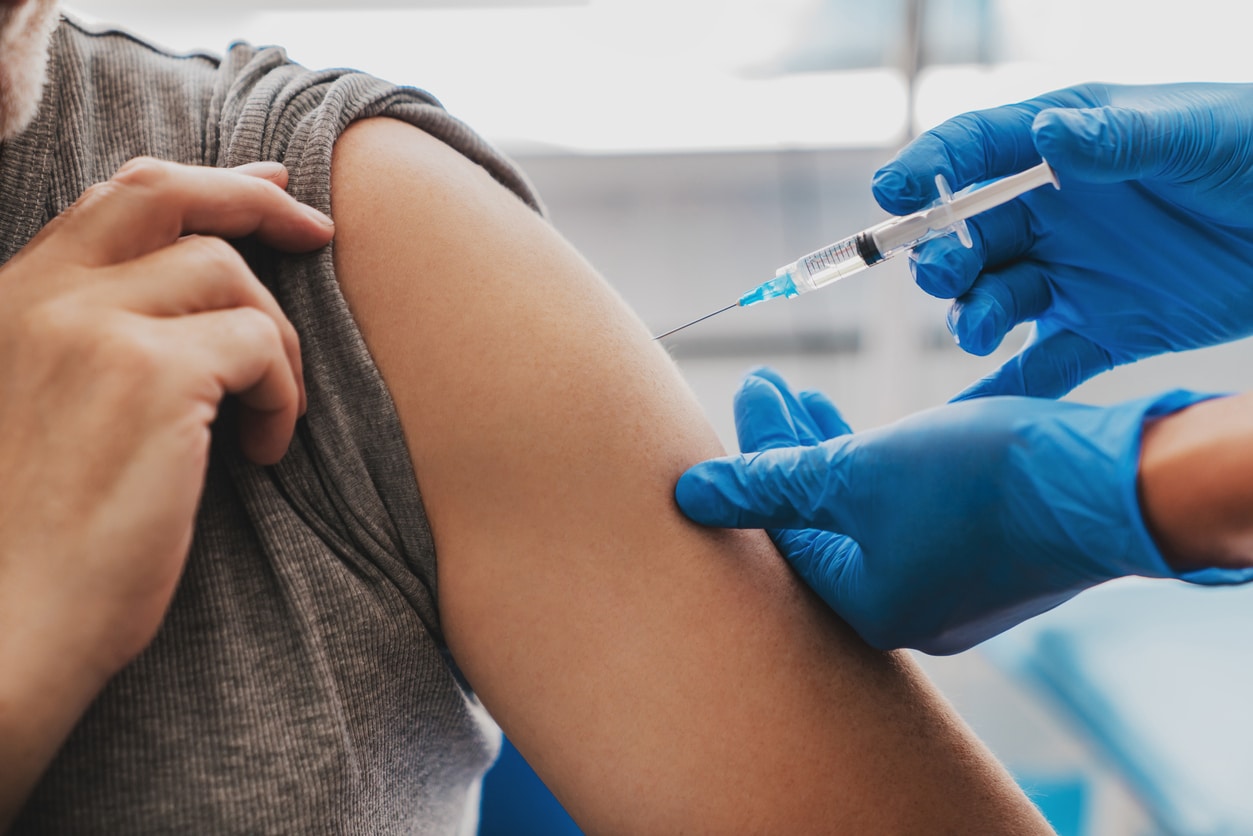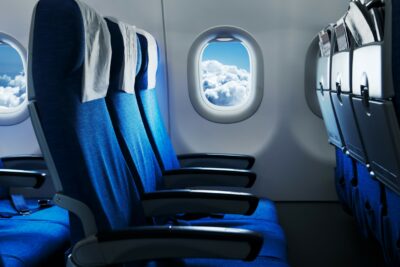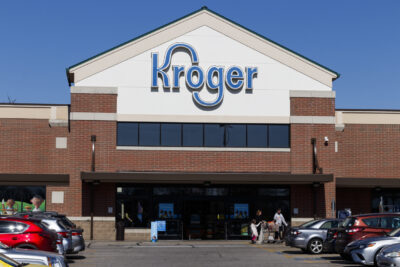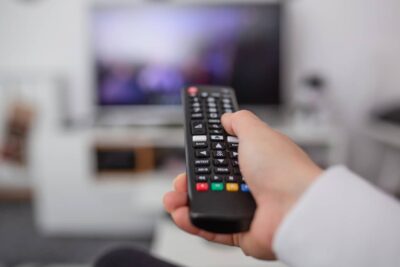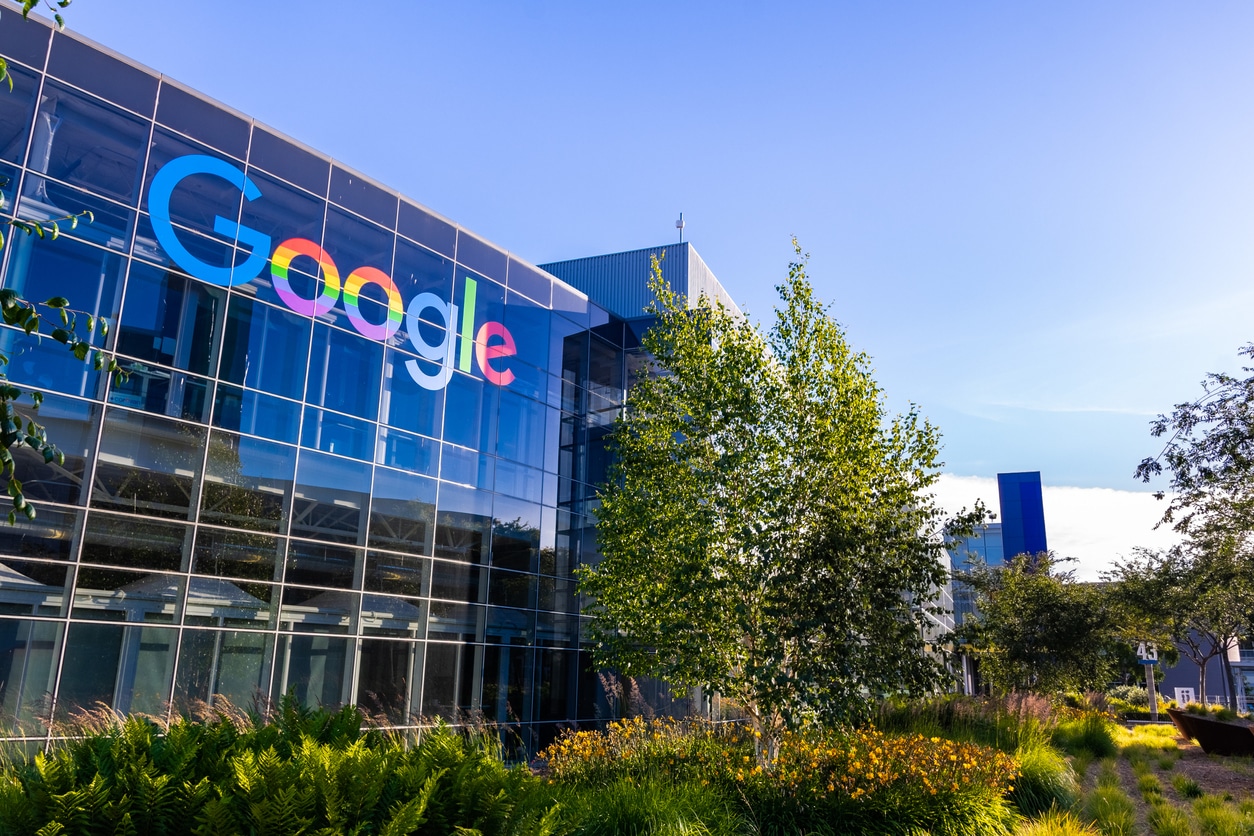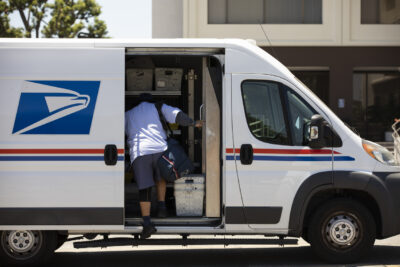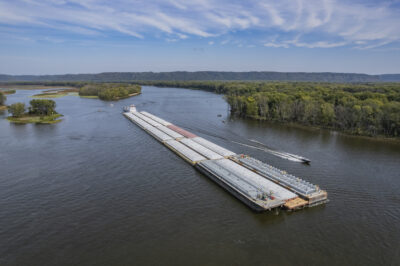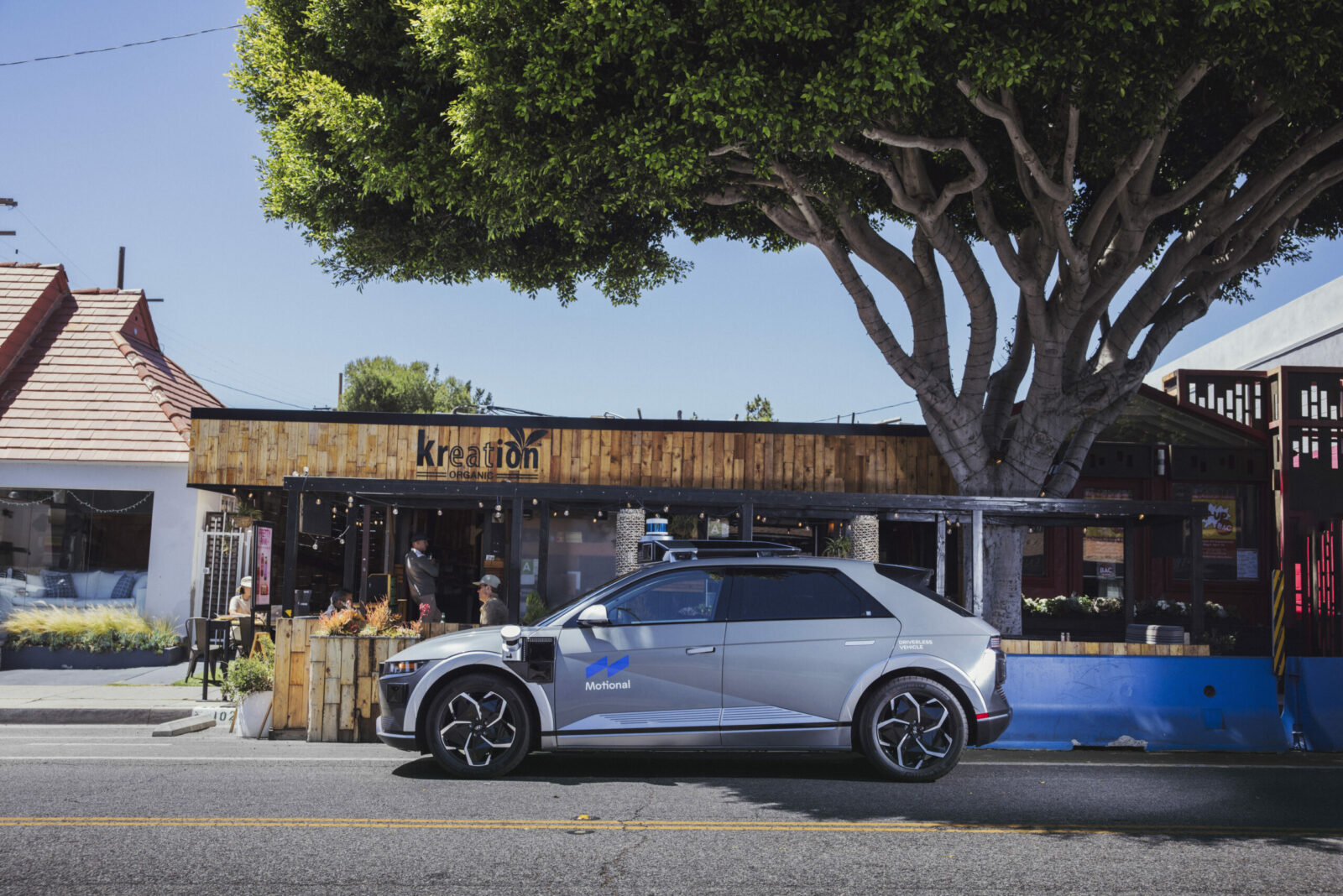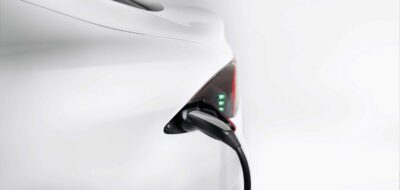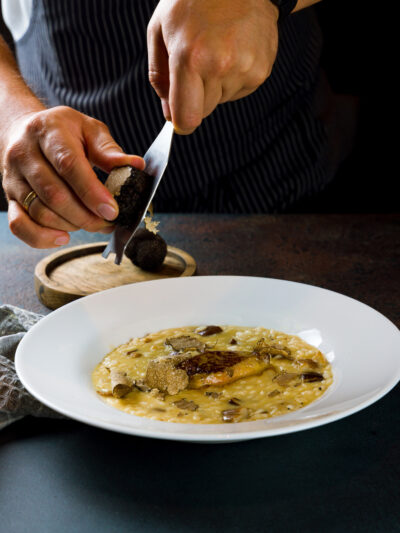Industries
-
Dwindling Vaccine Sales Makes Big Pharma Switch Gears

Image Credit: iStock, Inside Creative House
Get More Than News. Get Insights.
Our daily email brings you smart and engaging news and analysis on the biggest stories in business and finance. For free.
-
Tom Brady Now Owns a Part Of Pickleball

Image Credit: iStock, Jennifer Smith
-
The EU Wants Big Tech To Pay For Internet Infrastructure Costs

Image Credit: iStock, Sundry Photography
-
Uber Signs 10-year Deal with Motional for Driverless Cars

Image Credit: Motional
